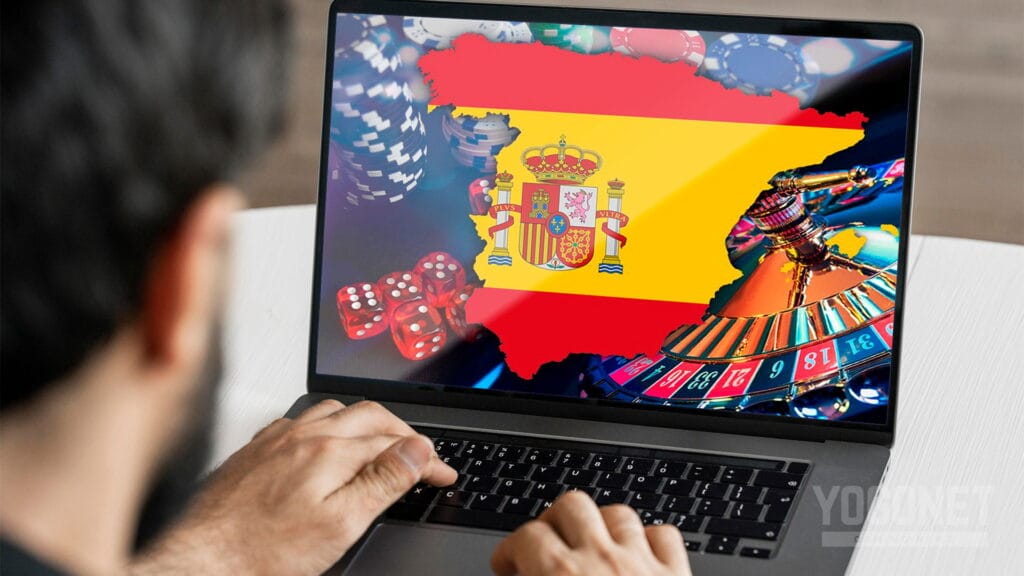German Players Face Scrutiny for Online Gambling: What You Need to Know
Many individuals who have participated in gambling, particularly online gambling, are finding summons for police interrogation or questionnaires from the public prosecutor’s office in their mailboxes. The charge: participation in unauthorized gambling (§ 285 StGB – German Criminal Code). While such a letter can be unsettling, it’s not necessarily a cause for panic.
Why are Players Being Targeted?
Recently, law enforcement agencies have increasingly focused on gamblers. This often stems from winnings that a gambling provider, lacking a German license, transfers to the player’s bank account. Financial institutions are required to scrutinize and report gambling-related transactions due to money laundering concerns.
A comparison with the “whitelist” maintained by the Joint Gambling Authority of the Länder (federal states) reveals whether the gambling provider has the necessary license to operate in Germany. Consequently, the Financial Intelligence Unit (FIU) sends a suspicious activity report to the local public prosecutor’s office, initiating an investigation against the account holder for participating in unauthorized gambling. The prosecutor then orders a police interrogation or sends the individual a written questionnaire as a suspect.
Understanding § 285 StGB: The Legal Basis
Contrary to popular belief, not only those who organize public gambling without official permission are liable to prosecution (§ 284 StGB). § 285 StGB also threatens punishment for participants in such unauthorized public gambling. The penalty is relatively mild: a fine of up to 180 daily rates or imprisonment for up to six months.
To constitute an offense, the following must be true:
- Objective Element: There must be gambling in which the accused player participated.
- Definition of Gambling: Under criminal law, gambling involves participants deciding on the gain or loss of a not insignificant asset based on an uncertain event, driven by entertainment or profit motives. The outcome should depend primarily on chance rather than skill, attention, or knowledge. Examples include sports betting, slot machines, and casino games.
- Public Nature: Participation must be openly accessible to anyone, not just a closed group.
- Lack of Authorization: The organizer must operate without official permission from the relevant authority. A license from another EU member state is generally insufficient, as EU law does not mandate mutual recognition of gambling licenses. Exceptions may arise if German law violates EU law. The Joint Gambling Authority’s whitelist largely indicates whether an organizer possesses the required license.
- Subjective Element: The offense requires intentional action, including awareness of the gambling’s public nature, the lack of a license, and the characteristics defining it as gambling.
Confiscation of Gambling Winnings
In addition to potential penalties, players who unlawfully participate in unauthorized gambling may face asset forfeiture. The court may order the confiscation of any gambling winnings obtained (§ 73 StGB).
Practical Insights
In practice, many accused players were unaware that the gambling operator lacked the necessary license. They mistakenly believed the gambling was authorized. This misapprehension, if not disproven, can lead to the player’s acquittal (error of fact). Law enforcement agencies also face other, sometimes difficult-to-refute arguments in connection with § 285 StGB. For example, the accused account holder might admit to receiving the winnings but deny being the person who participated in the gambling.
While players are increasingly under scrutiny, law enforcement is aware that they are not the root cause of illegal gambling. Case dismissals are common, and convictions are rare. However, the larger the winnings or any prior convictions, the more vigorous the prosecution seems to be.
Recommendations
The past cannot be undone, but how you handle it affects the present and future. As with other criminal accusations, it is advisable to refrain from making statements to law enforcement and to consult a qualified criminal defense attorney. Gambling law is a specialized area closely tied to regulatory circumstances, so it is wise to seek legal expertise that combines both criminal and gambling law.
For future gambling activities, it is strongly recommended to verify that the gambling provider has the necessary license before participating. The whitelist maintained by the Joint Gambling Authority of the Länder is a valuable resource.
Stay ahead of the game in the licensed betting world – get the latest insights at LicensedBettingSites.com.















